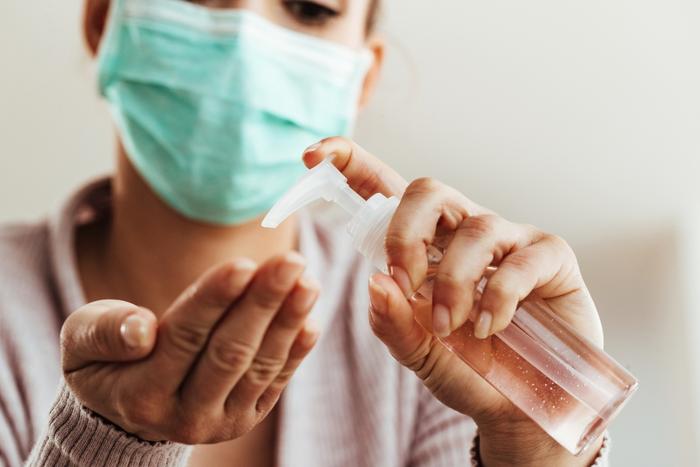Researchers explored the relationship between gut health and mental health
By Kristen Dalli of ConsumerAffairs
July 8, 2020


A new study suggests that taking a daily probiotic, either by itself or in combination with a prebiotic, can be effective in reducing depression symptoms.
Purely from the information gathered for this review, it is valid to suggest that, for patients with clinically recognised depression: isolate, or adjuvant prebiotic therapy is unlikely to affect an individuals experience of their condition in a quantitatively evident way; and that isolate or adjuvant, probiotic/combined prebiotic-probiotic therapy may offer a quantitatively measurable improvement in parameters relating to depression, the researchers wrote.
Where gut health and mental health intersect
To understand how probiotics and prebiotics could help consumers struggling with depression, the researchers analyzed seven previous studies that explored these supplements effects on mental health. The studies included data on a dozen different probiotics.
In each of the studies, the overall conclusion was that taking a daily probiotic, or a combination of prebiotic/probiotic treatment, was effective in lowering depression symptoms.
The researchers explained that this relationship could exist because of the way the gut interacts with the brain, known as the gut-brain axis. The gut-brain axis is the communication system that occurs between the central nervous system and the digestive system. Experts have recently discovered that abnormalities in the gut can directly impact mental health.
In this study, the researchers suggest that taking a daily probiotic can benefit depression symptoms in two ways. First, it redirects tryptophan, an amino acid that has been known to boost mood and is instrumental in the communication between the gut and the brain. Secondly, it can also reduce the number of inflammatory cells. Recent studies have highlighted the link between inflammation and depression.
For those who struggle with depression and a condition like irritable bowel syndrome (IBS), taking a daily probiotic can serve a dual purpose, as it could ease symptoms for both issues.
The researchers plan to address these findings in future research in an attempt to understand how probiotics can be effective in long-term depression treatment. They also hope to determine if and how this option is viable for those struggling with anxiety.
In this way, with a better understanding of the mechanisms, probiotics may prove to be a useful tool across a wide range of conditions, the researchers wrote.
Open Original






